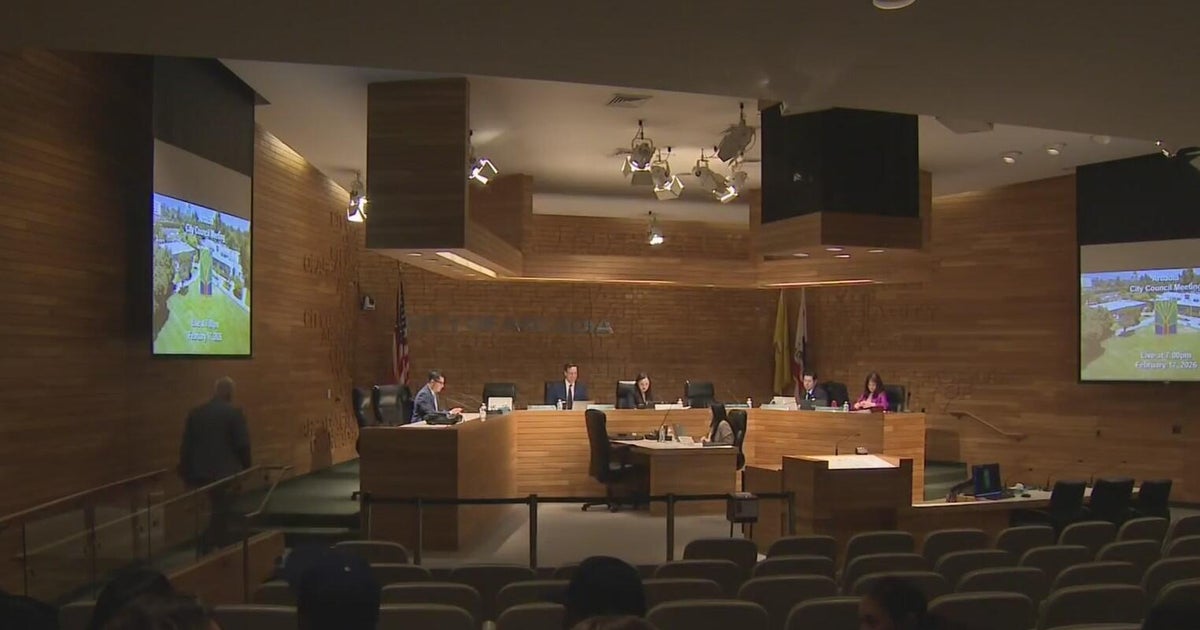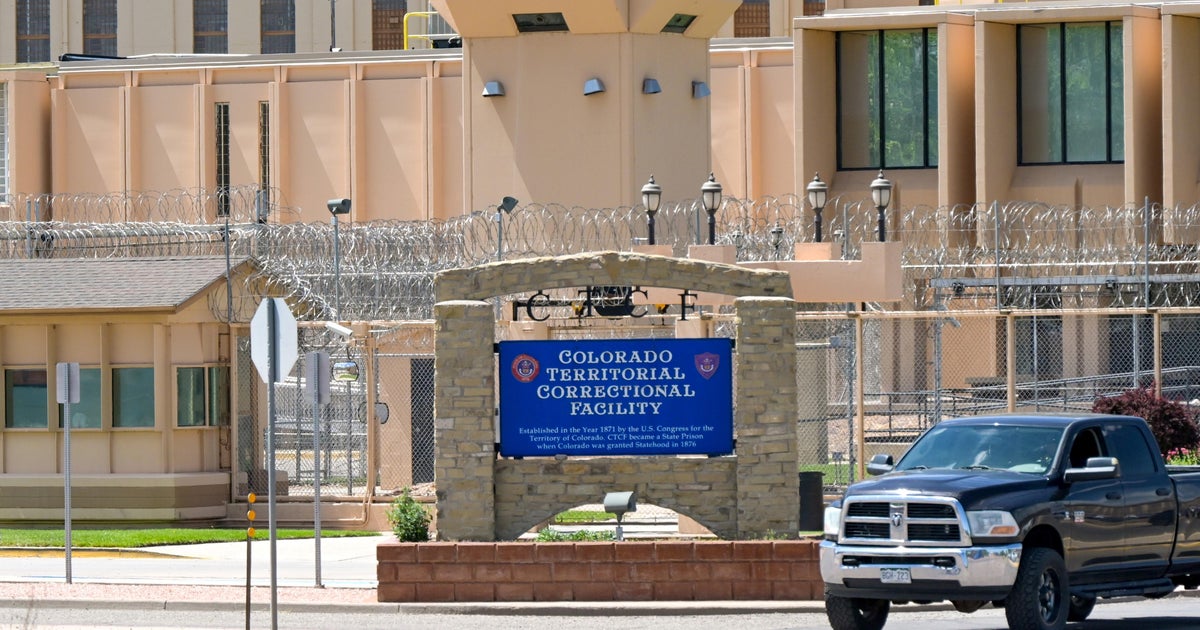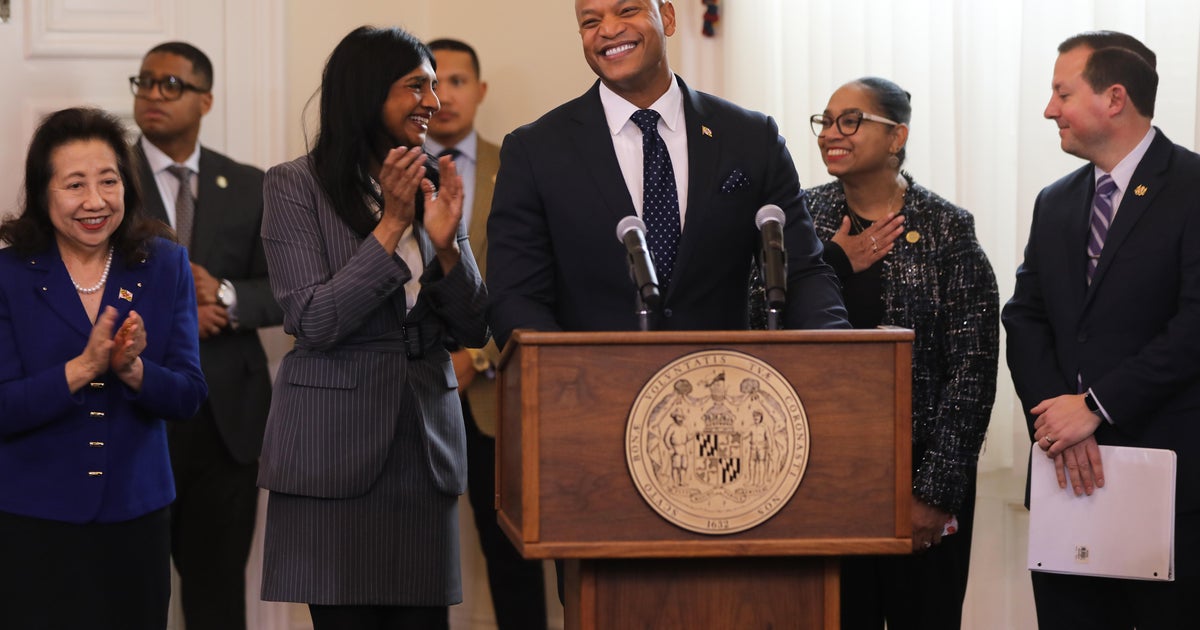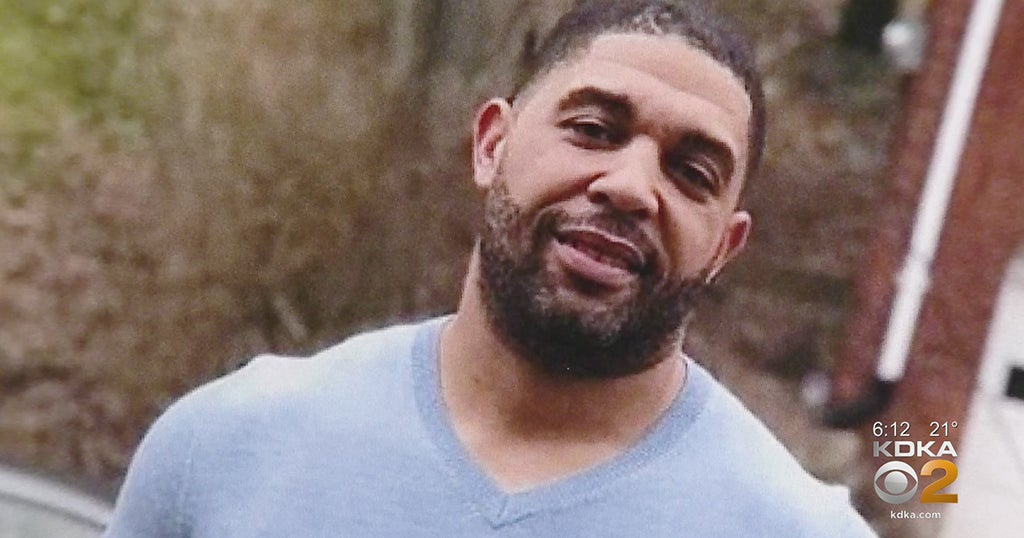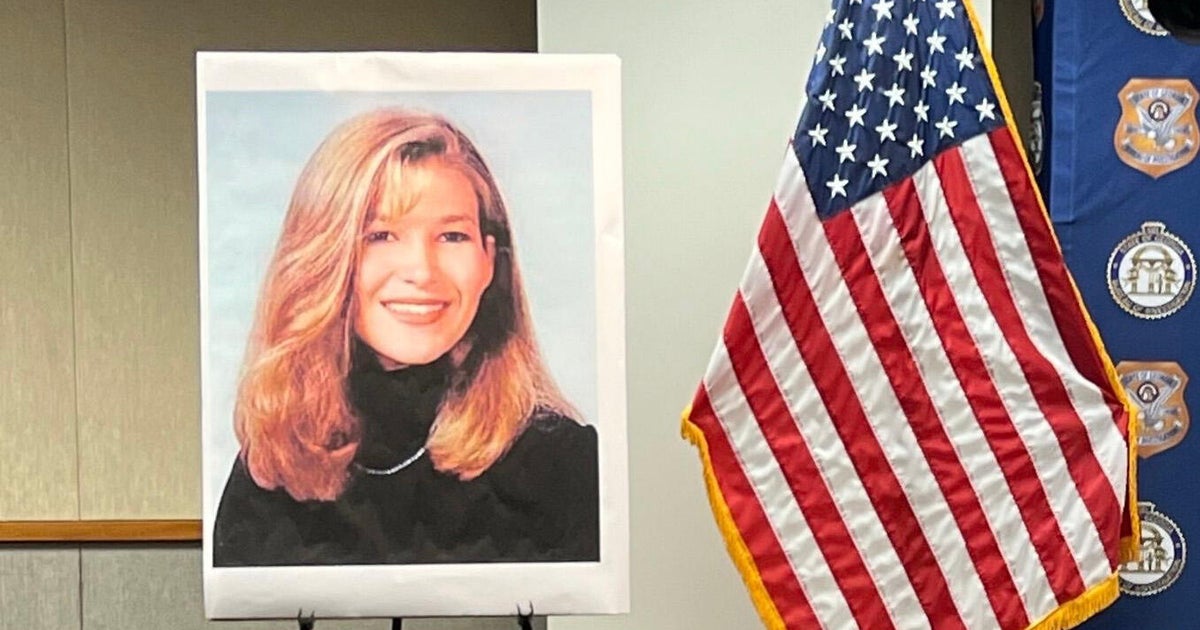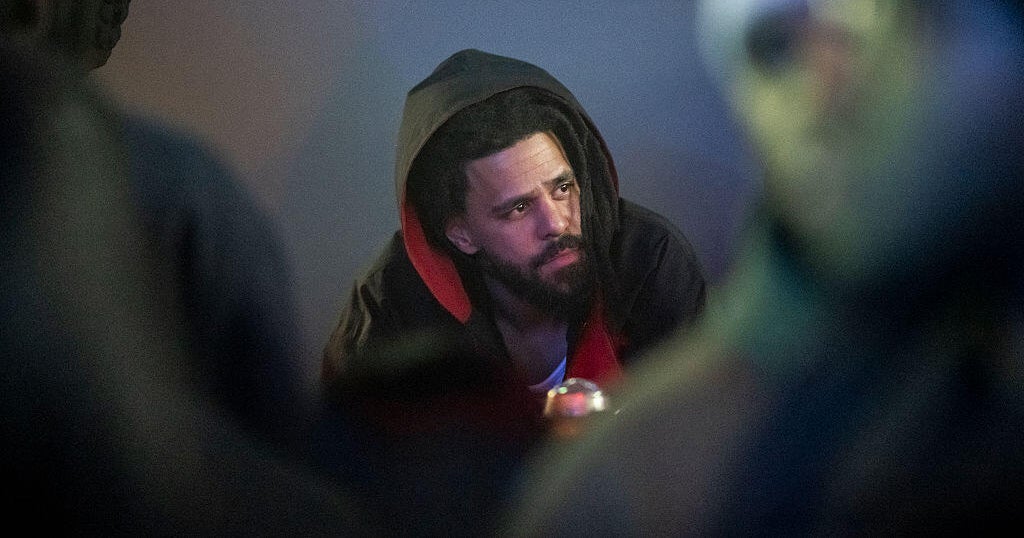Schwarzenegger: Commutation Was To Help Friend
SACRAMENTO, Calif. (AP) -- Former California Gov. Arnold Schwarzenegger says he was helping a friend when he commuted the sentence of the son of a political ally.
Schwarzenegger reduced Esteban Nunez's sentence from 16 years to seven years on the day before he left office in January. Nunez, who is the son of former state Assembly speaker Fabian Nunez, had pleaded guilty in the 2008 stabbing death of a San Diego college student, 22-year-old Luis Santos.
The decision was criticized by prosecutors, fellow Republicans and Santos' family, and is now the subject of a lawsuit.
Schwarzenegger said in a Newsweek interview published this week that he understands the parents' anger and critics' condemnation.
The slain man's father, Frederico Santos Jr., said Schwarzenegger's comments confirm that his decision was political.
"This is proof that the commutation has nothing to do with legal reasons but is simply a favor to a political friend," Santos told The Associated Press. "I'm not surprised because that's what we said all along, that the actions were strictly for a political favor and nothing more, no matter what he was trying to claim as his justification."
The family's lawyer said the comments will have little effect on their lawsuit against the governor for failing to notify them.
Schwarzenegger's official reasoning was that Nunez's 16-year sentence was "excessive," in part because he had no prior criminal record and did not inflict the fatal wound on Santos. Nunez did stab two others during the fight that broke out after he and his friends were kicked out of a fraternity party at San Diego's Mesa College.
Schwarzenegger told Newsweek that he knew the younger Nunez well, that he felt good about his decision, and that he acted because of his "working relationship" with the elder Nunez, a Democrat who frequently cooperated with the Republican governor in the Legislature.
"Well, hello! I mean, of course you help a friend," Schwarzenegger said in the interview.
Schwarzenegger later wrote a letter to Santos' parents acknowledging that he provided no notice to the victims, a failure he also admitted in the interview.
That omission is at the heart of the lawsuit filed by Santos' family.
The family argued that the governor's decision violated several provisions of Proposition 9, a victims' rights amendment approved by voters in November 2008. The measure, known as Marsy's Law, requires that victims receive notice and have a chance to be heard before sentences are reduced, that their safety be considered in any such decisions, and that victims can expect to have criminals punished by the sentence imposed by the court.
The family doesn't dispute that a governor has broad constitutional powers to pardon criminals, commute sentences or grant clemency for whatever reasons he chooses, said the family's attorney, Laura Bean Strasser.
Rather, the suit argued that Nunez' sentence should be reinstated because Schwarzenegger failed to properly consider or notify the victims.
"I think it helps to show his disregard for victims' rights under Marsy's law," Strasser said of the governor's comments.
"People aren't OK with him saying he's helping a friend," she said in a telephone interview with the AP. "It definitely helps with public opinion. And if this goes to a jury, he's going to hard pressed to find anybody in California who agrees with his position."
"We don't have any comment on the governor's comments," said James Finefrock, a spokesman for the state attorney general's office. A spokesman for Schwarzenegger, Daniel Ketchell, also declined comment.
The state is asking a judge to dismiss the family's lawsuit following a hearing set for June 1.
(Copyright 2011 by The Associated Press. All Rights Reserved.)
